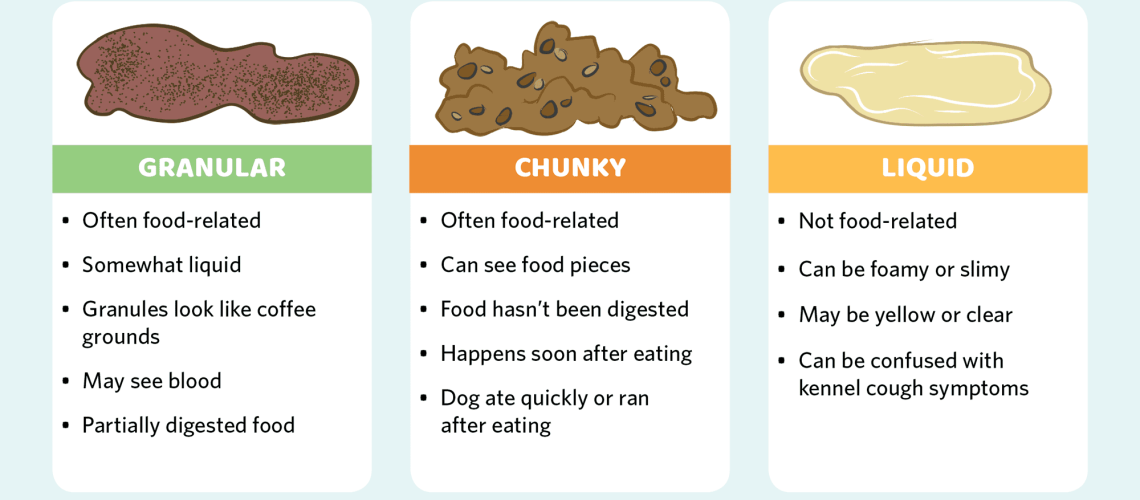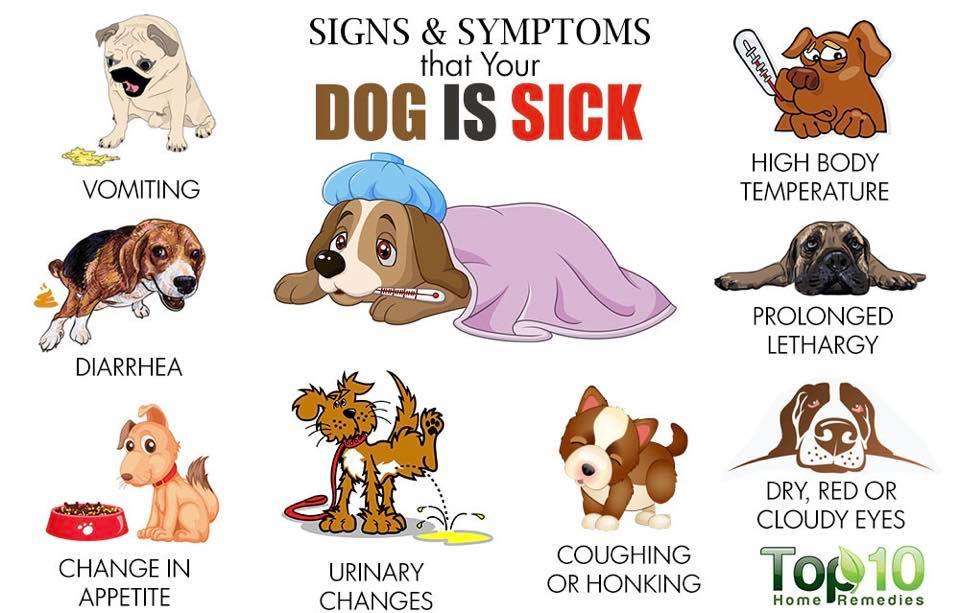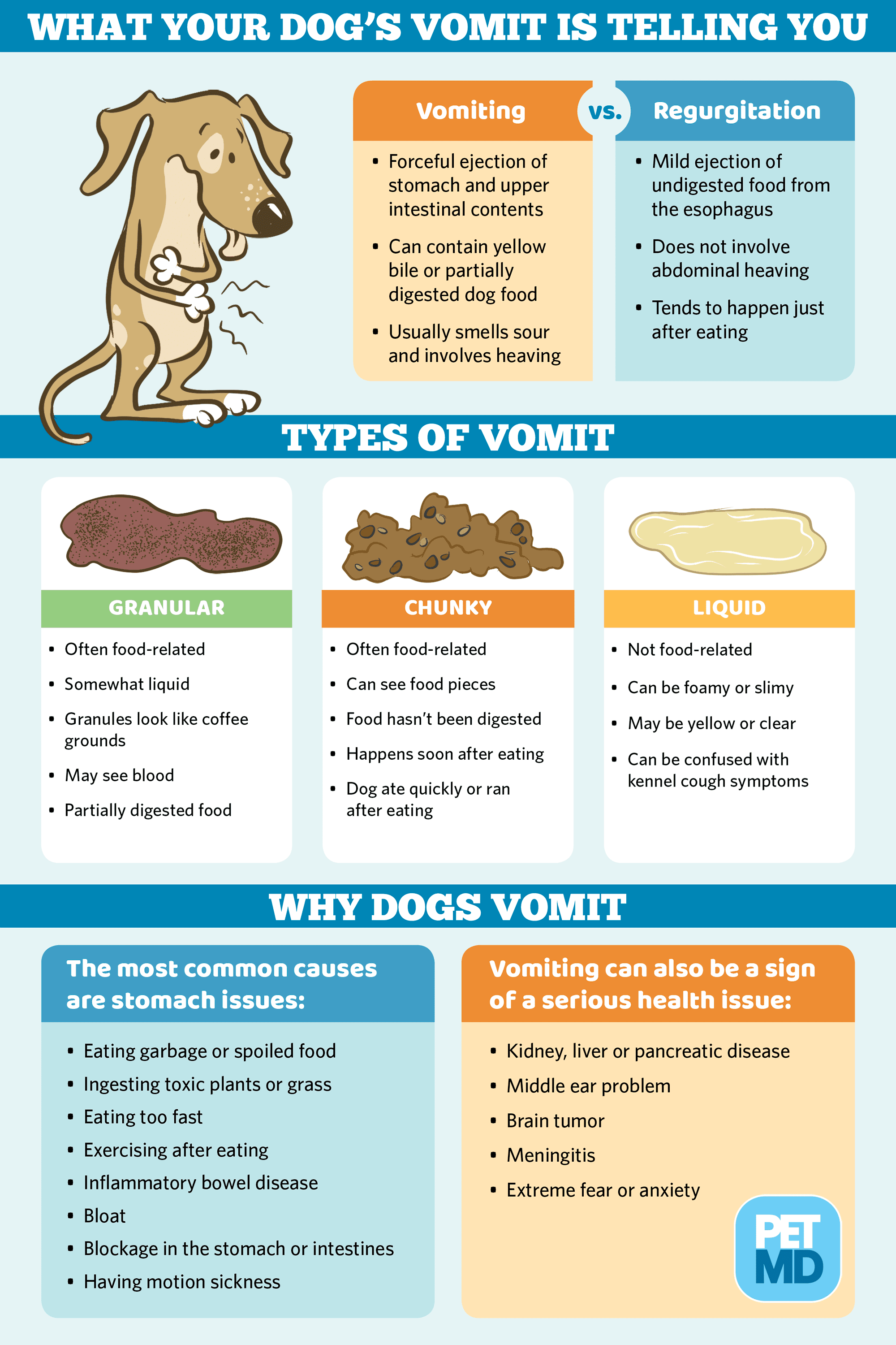Key Takeaways:
- Takeaway 1: Dog vomiting can be caused by a variety of factors, including dietary indiscretion, infections, or underlying health issues.
- Takeaway 2: If your dog vomits once but otherwise appears healthy and continues to eat and drink normally, it may not be a cause for immediate concern.
- Takeaway 3: However, if your dog vomits repeatedly or exhibits other symptoms such as lethargy, diarrhea, or loss of appetite, it is important to consult with a veterinarian.
- Takeaway 4: To help prevent vomiting in dogs, avoid sudden dietary changes and ensure they do not have access to harmful substances like toxic plants or human food that can upset their stomachs.
- Takeaway 5: When dealing with dog vomiting, it is crucial to monitor their hydration levels and offer small amounts of water frequently. If vomiting persists for more than a day or becomes severe, seek veterinary attention promptly.
Introduction:
Have you ever been worried sick when your furry friend suddenly starts throwing up? It's a distressing sight that can leave any dog owner feeling helpless and concerned. But fear not, because in this article, we'll explore the ins and outs of dog vomiting and provide you with essential knowledge on what to do when your pup throws up. By understanding this topic, you'll gain the power to take immediate action, ensuring the well-being and health of your beloved pet. So, let's dive in and uncover the secrets to handling dog vomiting like a pro!
Causes of Dog Vomiting: Understanding and Paying Attention to this Behavior
Dog vomiting can be caused by various factors, including dietary indiscretion, eating too quickly, or consuming something that doesn't agree with their stomach. It can also be a sign of more serious underlying health issues such as infections, organ problems, or even poisoning. As a dog owner, it's important to pay attention to your dog's vomiting episodes and try to identify any patterns or triggers.
Some common causes of dog vomiting include:
- Ingestion of spoiled food or garbage
- Eating too quickly or overeating
- Allergies or food intolerances
- Infections or parasites
- Gastrointestinal blockage
Determining Severity: Is Your Dog's Vomiting a Minor Issue or Something More Serious?
When your dog vomits, it's important to assess the severity of the situation to determine if it requires immediate veterinary attention. If your dog is otherwise healthy and only vomits occasionally without any other concerning symptoms, it may not be a cause for major concern.
However, if your dog is experiencing frequent vomiting episodes accompanied by other symptoms such as diarrhea, lethargy, loss of appetite, abdominal pain, or blood in the vomit, it could indicate a more serious condition that requires prompt veterinary care. In such cases, it's best to consult with your veterinarian for an accurate diagnosis and appropriate treatment.
Simple Steps to Help Your Dog When They are Throwing Up: Easy Home Remedies and Care
If your dog is experiencing occasional vomiting without any severe symptoms, there are some simple steps you can take at home to help them feel better:
- Withhold food for a few hours to allow their stomach to settle.
- Offer small amounts of water or ice cubes to keep them hydrated.
- After the vomiting subsides, gradually reintroduce bland and easily digestible food such as boiled chicken and rice.
- Avoid giving your dog any medications without consulting your veterinarian first.
It's important to note that these home remedies are only suitable for mild cases of vomiting. If your dog's condition worsens or if they have other concerning symptoms, it's crucial to seek veterinary assistance.
When to Seek Veterinary Assistance for Your Dog's Vomiting: Signs of a Severe Condition
If your dog is experiencing severe or persistent vomiting, it's essential to seek veterinary assistance. Some signs that indicate a more serious condition include:
- Frequent episodes of vomiting
- Projectile vomiting
- Bloody or coffee ground-like vomit
- Lethargy and weakness
- Loss of appetite
- Painful abdomen or bloating
In these cases, prompt veterinary care is necessary as it could be indicative of an underlying health issue that requires diagnosis and treatment by a professional.
Preventing Frequent Vomiting in Dogs: Dietary Changes and Food Recommendations
To prevent frequent vomiting episodes in dogs, it's important to make some dietary changes and follow certain guidelines:
- Avoid sudden changes in diet and introduce new foods gradually.
- Select high-quality dog food that suits your dog's specific needs and is easily digestible.
- Avoid giving your dog table scraps or foods that are known to cause digestive issues.
- Consider feeding smaller, more frequent meals to prevent overeating and reduce the chances of vomiting.
- If your dog has food allergies or intolerances, work with your veterinarian to identify and eliminate problematic ingredients from their diet.
Adjusting Exercise Routine for Dogs with Vomiting Episodes: Why It's Necessary
When a dog is experiencing vomiting episodes, it may be necessary to adjust their exercise routine temporarily. Vigorous exercise immediately after eating can increase the chances of vomiting, so it's advisable to wait at least an hour or two after meals before engaging in strenuous activities.
Additionally, if your dog is prone to vomiting during car rides or other motion-related activities, it may help to take shorter trips or provide them with anti-nausea medication prescribed by a veterinarian. Ensuring a calm and stress-free environment during exercise can also contribute to minimizing vomiting episodes in dogs.
In conclusion, if your dog is vomiting, it's important to monitor their behavior and contact a veterinarian if the vomiting persists or is accompanied by other concerning symptoms. Remember to provide them with plenty of water and a bland diet to help soothe their stomach.
Why does my dog throw up for her puppies?
It is proposed that there is a particular instinctive drive that leads to the act of vomiting. The purpose of this drive is to provide nourishment to puppies before they are capable of obtaining it on their own.
What helps a puppy after throwing up?
To address mild cases of vomiting in dogs, it is recommended to withhold their food for 12-24 hours and avoid giving them treats or table scraps. It is important to provide water for the dog to drink, but it is advisable to keep the water level low to encourage them to drink small amounts regularly.
How do you soothe a dog after throwing up?
Ensure your dog stays warm and cozy. After your dog has vomited, provide reassurance that they haven't done anything wrong. Encourage them to lie down and relax. If they appear cold or are shivering, cover them with a blanket and offer ample care and support. Allow your dog to take it easy.
Do mother dogs throw up for their puppies?
When the puppies are weaned earlier, it puts less stress on the mother and allows her to return to her normal state sooner. The mother feeds her puppies by regurgitating her food for them to eat, which is a natural part of her motherly duties and nothing to be concerned about.
Why do dogs eat their sick puppies?
It is an inherent behavior, a natural characteristic that appears occasionally. They will consume a puppy if they view it as something that will not be useful. They believe that a deceased or unhealthy puppy will make the rest of the litter ill and/or decrease the likelihood of the group's survival.
Should I let my dog drink water after throwing up?
In the case of a single instance of vomiting, it is recommended to not feed the individual for at least 6 hours. It is important to provide water, but excessive intake should be avoided as it can cause more vomiting. Once the vomiting ceases, small and plain food meals can be introduced gradually, along with an increase in water intake.

















